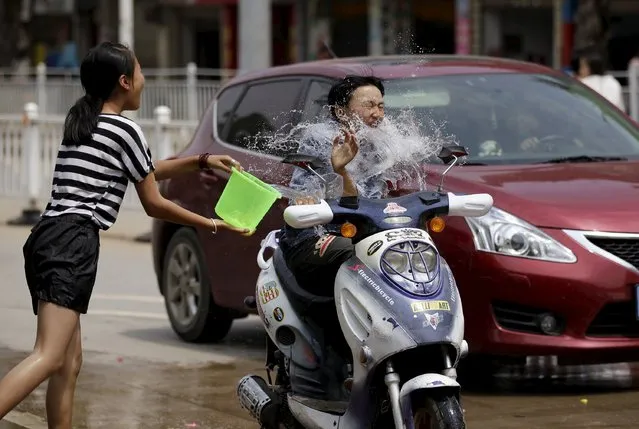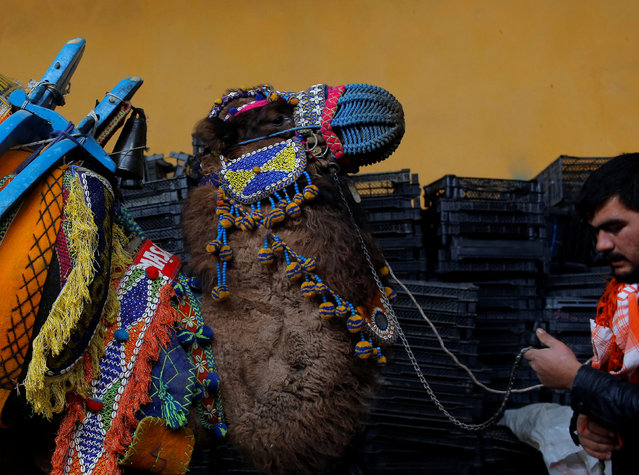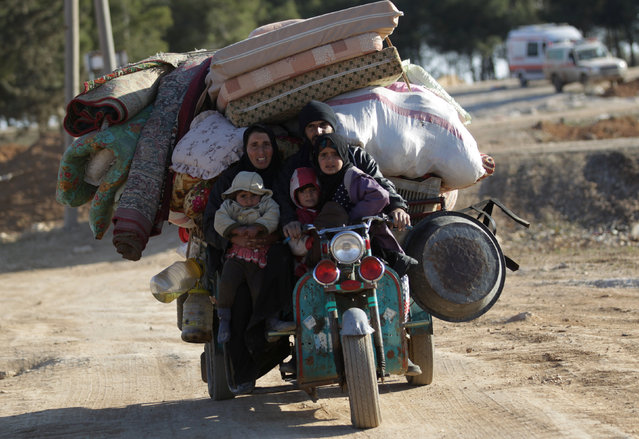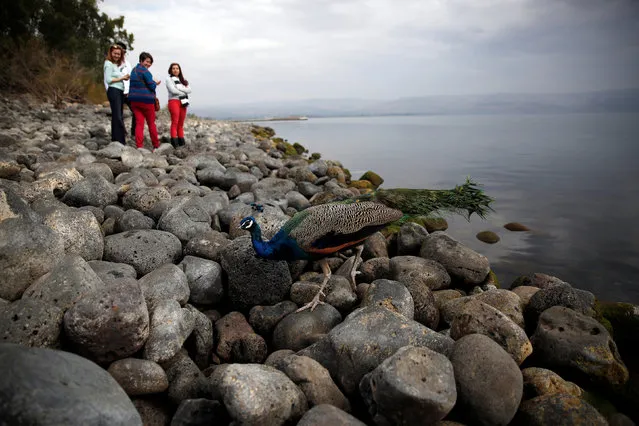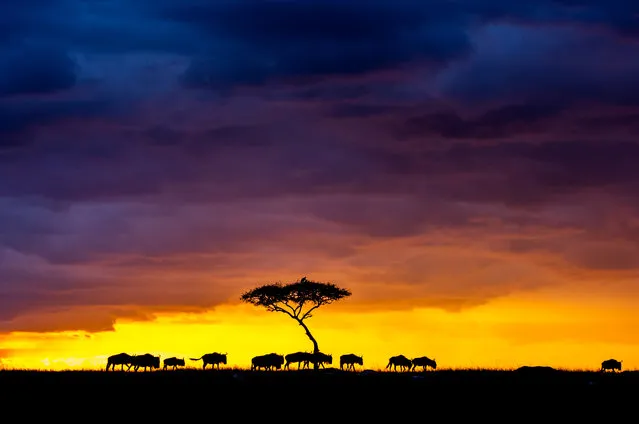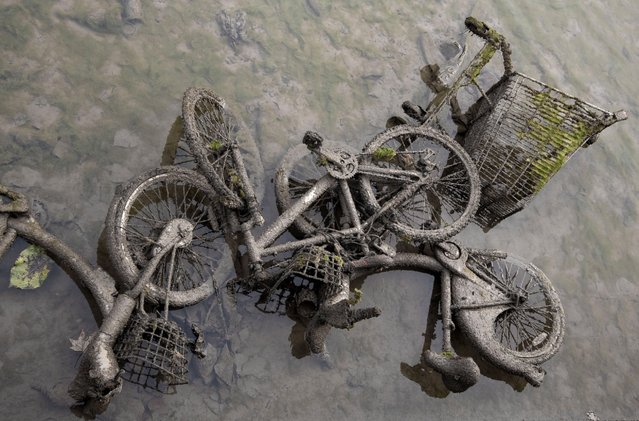
A soldier of the Household Cavalry Mounted Regiment falls off a horse during a practice to participate in the state ceremonial surrounding this year's Platinum Jubilee celebrations at Hyde Park in London, Thursday, March 31, 2022. Around 170 horses and personnel of the Household Cavalry Mounted Regiment left their Hyde Park Barracks to form up and be inspected by the General Officer Commanding the Household Division, Major General Christopher Ghika. (Photo by Frank Augstein/AP Photo)
01 Apr 2022 06:14:00,post received
0 comments

